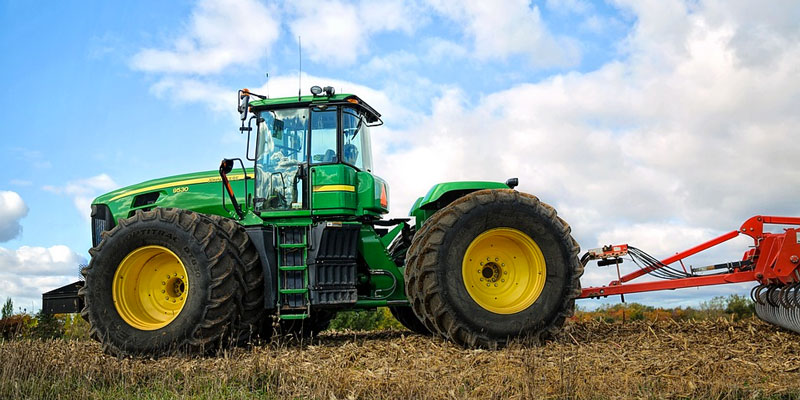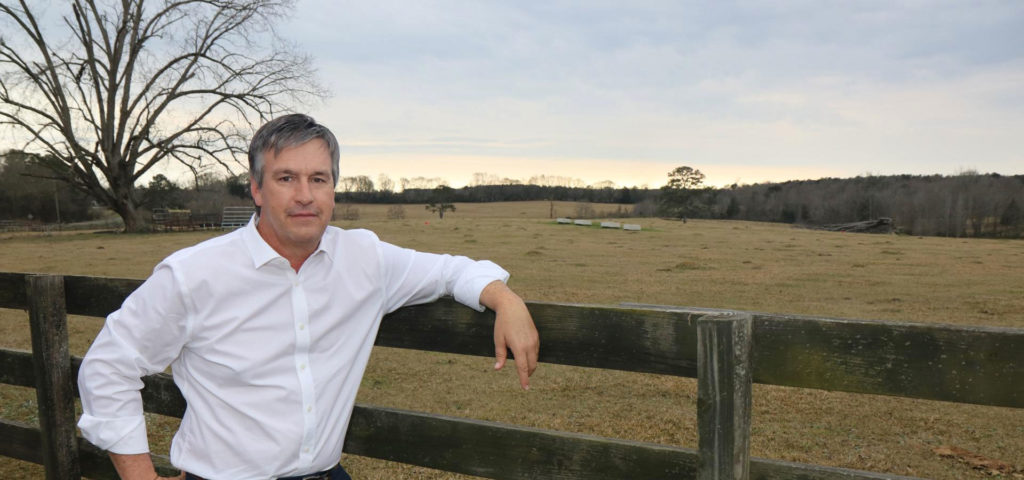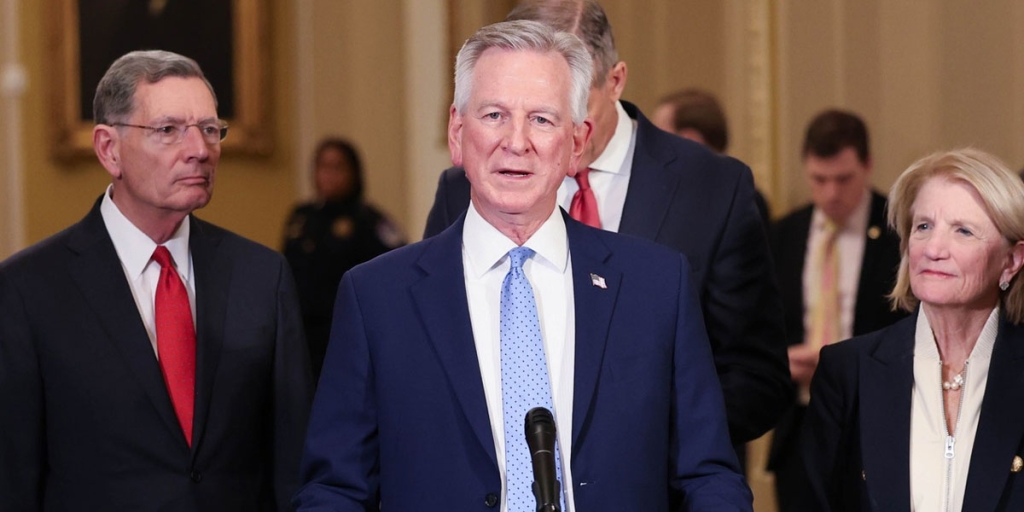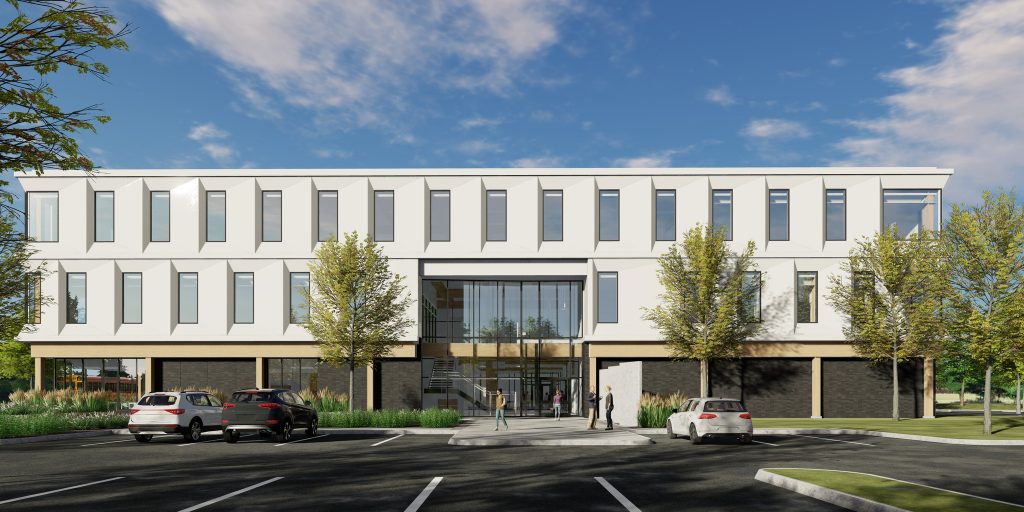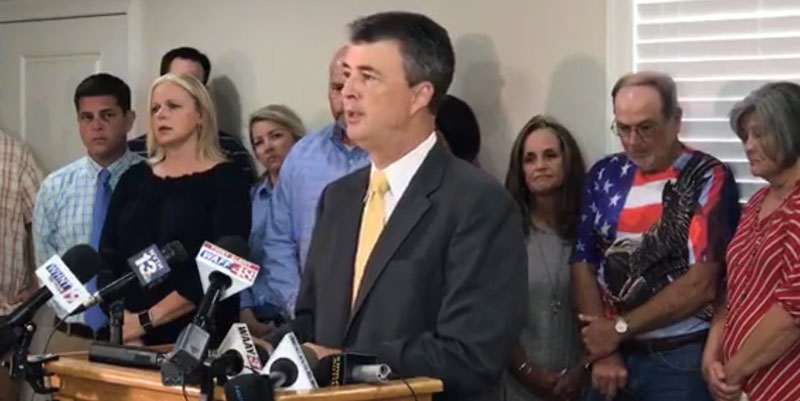Agriculture is our country’s oldest industry. Since the beginning, America’s farmers have worked the land and sustained our communities. Today, agriculture is the top industry in rural America, and it remains the number one industry in Alabama.
As our manufacturing industry continues to grow, I have made a commitment to never forget about the backbone of Alabama’s economy: our hardworking farmers who help feed America. Farming, forestry, livestock and crop production represent more than $70 billion in annual economic output, so it remains imperative that we reinforce programs that sustain and support the agriculture industry.
Since being elected to Congress, I have always worked to be a steadfast advocate for agriculture and forestry. In fact, one of the first major votes I took in office was in favor of the 2014 Farm Bill.
Four years later, I am proud that we could pass H.R. 2, the Agriculture and Nutrition Act, also known as the 2018 Farm Bill. The Farm Bill supports our nation’s farmers and foresters by reauthorizing farm programs and directing the nation’s agricultural policy for the next five years.
Among the many important provisions, the bill includes support for Alabama’s cotton and peanut farmers and maintains access to crop insurance. This legislation also improves existing programs to maximize efficiency, reduces waste, and maintains fiscally responsible stewardship of taxpayer dollars.
Very important to me, the Farm Bill establishes substantive work requirements for work-capable adults in order to receive SNAP benefits, commonly known as food stamps. It is important to note that the 2018 Farm Bill does not cut SNAP benefits. Rather, this provision puts more resources toward helping able-bodied adults find jobs and get back to work.
In this economy, there is no excuse for capable Americans to not seek out employment. By encouraging Americans to find and retain jobs, we ultimately lift people out of poverty, strengthen the overall economy, and help save taxpayer money.
Another significant issue facing our rural communities is a lack of broadband access. The Farm Bill authorizes substantial annual funding for rural broadband and requires the Department of Agriculture to establish forward-looking broadband standards.
Finally, this bill helps equip and train the next generation of farmers. The bill enhances access to crop insurance and establishes a scholarship program at 1890 Land Grant Institutions designed to assist students interested in agriculture careers. Many family farms transcend generations, and it is critical that we provide support for up-and-coming farmers to ensure they have the resources they need.
Each year, I travel across Southwest Alabama on my annual “Ag Matters” tour. This tour gives me the chance to visit family farms and forest land throughout Southwest Alabama and learn more about our state’s top industry.
Ultimately, the “Ag Matters” Tour helps me better understand and appreciate the unique challenges facing our local farmers and foresters. Farming is unlike most other industries and dependent on so many external factors, like weather, that are outside the control of the farmers. It is important farmers have the certainty they need to provide the American people with a safe and reliable food source.
As I travel to these family farms and speak with those who work the land, it never fails that the Farm Bill is one of the most talked about issues. This legislation truly has a huge impact on our family farms.
Our farmers and foresters are good stewards of the land, and I am pleased the House could pass this important legislation to ensure that our family farms and rural communities have the resources they need to keep up with the challenges of today.
U.S. Rep. Bradley Byrne is a Republican from Fairhope.




